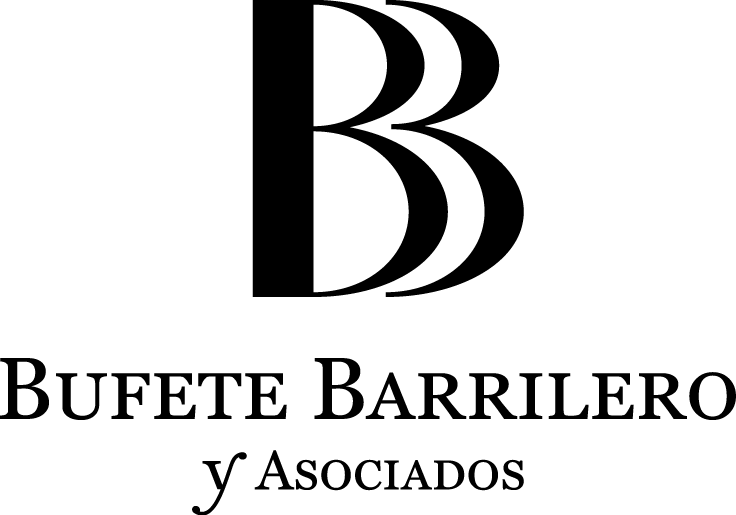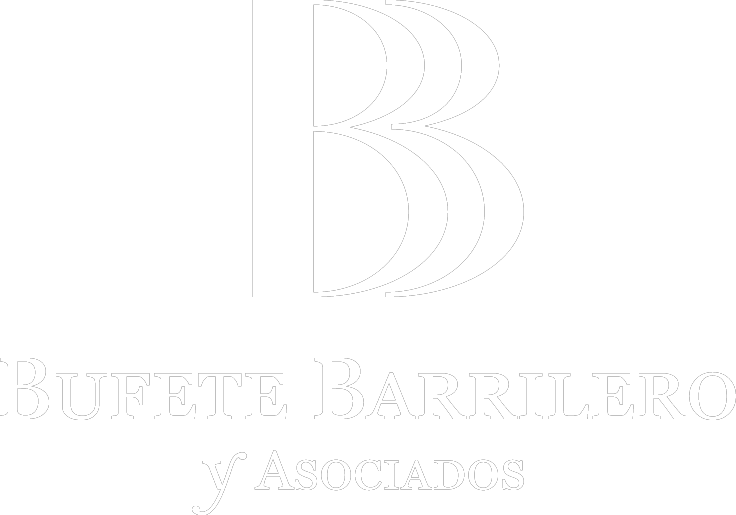LABOR AND SOCIAL SEC
Elisa Lemus
The Supreme Court of Spain, in a landmark ruling on November 18, 2024, has altered its long-standing interpretation of the formal requirements for disciplinary dismissal under Spanish labor law. This decision introduces a mandatory pre-dismissal hearing for employees in most cases, aligning with international labor standards.
Background on Disciplinary Dismissal Requirements
Under Article 55 of the Workers’ Statute (ET), the formal steps for initiating a disciplinary dismissal are as follows:
Written Notification: The employer must provide a written dismissal letter detailing the reasons for dismissal and the effective date.
Special Cases:
Employee Representatives: A contradictory proceeding must be conducted.
Unionized Employees: If the employer is aware of union membership, the union delegates must be notified beforehand.
In most cases, however, no prior hearing or contradictory process has been required before delivering the dismissal letter, except as specified above.
Convention 158 of the International Labour Organization (ILO)
The issue of prior hearings arises from Article 7 of ILO Convention 158, which Spain ratified. This article states:
“The employment relationship of a worker shall not be terminated for reasons related to the worker’s conduct or performance before the worker is provided an opportunity to defend against the charges made, unless it is not reasonable to require the employer to provide such an opportunity.”
Historically, the Supreme Court (1988 ruling) held that this provision of the ILO Convention did not have direct applicability within Spanish law, as the requirements of Article 7 were not explicitly incorporated into domestic legislation.
The New Supreme Court Ruling
The 2024 decision represents a significant doctrinal shift. The Court ruled that Article 7 of ILO Convention 158 is directly applicable in Spain, even in cases where national law (Article 55 of the ET) does not explicitly require a pre-dismissal hearing.
The key points from the Court’s reasoning include:
Applicability of ILO Convention Provisions:
The Court interpreted Article 1 of Convention 158, which allows member states to give effect to its provisions via national legislation, judicial decisions, or established practices.
The Court found the language of Article 7 sufficiently precise to be applied directly without additional legislative action.
Changes in the Legal Framework:
Since 1988, significant legal developments have occurred, such as:
Adoption of conventionality control, which ensures domestic law aligns with international treaties.
Elimination of procedural irregularities as grounds for nullifying dismissals (e.g., missing procedural steps no longer result in automatic nullity).
The removal of processing wages (wages paid during litigation) from dismissal disputes.
Ensuring Fairness and Alignment with International Standards:
The Court highlighted the importance of ensuring dismissed employees are afforded an opportunity to respond to allegations against them, as required by international labor standards.
Implications of the Ruling
The new doctrine mandates a pre-dismissal hearing for all disciplinary dismissals initiated after the publication of this ruling (November 18, 2024). Failing to provide such an opportunity can result in the dismissal being declared unfair (improcedente).
However, the Court clarified that the new standard:
Does not apply retroactively to dismissals occurring before November 18, 2024, to prevent legal uncertainty.
Includes an exception where providing a hearing would not be “reasonable,” consistent with Article 7 of the ILO Convention.
Practical Considerations for Employers
Pre-dismissal Hearing Requirement:
Employers must now hold a hearing or provide an opportunity for the employee to respond to allegations before issuing a dismissal letter.
Documenting the Process:
Employers should ensure proper documentation of the hearing or the employee’s response to prevent procedural challenges.
Exceptions:
If a hearing is not feasible or reasonable, employers must demonstrate why the exception applies.
Training for HR and Legal Teams:
HR and legal teams should be trained to incorporate this step into dismissal procedures to mitigate the risk of litigation.
Conclusion
The 2024 Supreme Court ruling marks a pivotal shift in the formal requirements for disciplinary dismissals in Spain, aligning domestic practices with international labor standards. Employers must adapt to this new requirement to ensure compliance and minimize disputes.


